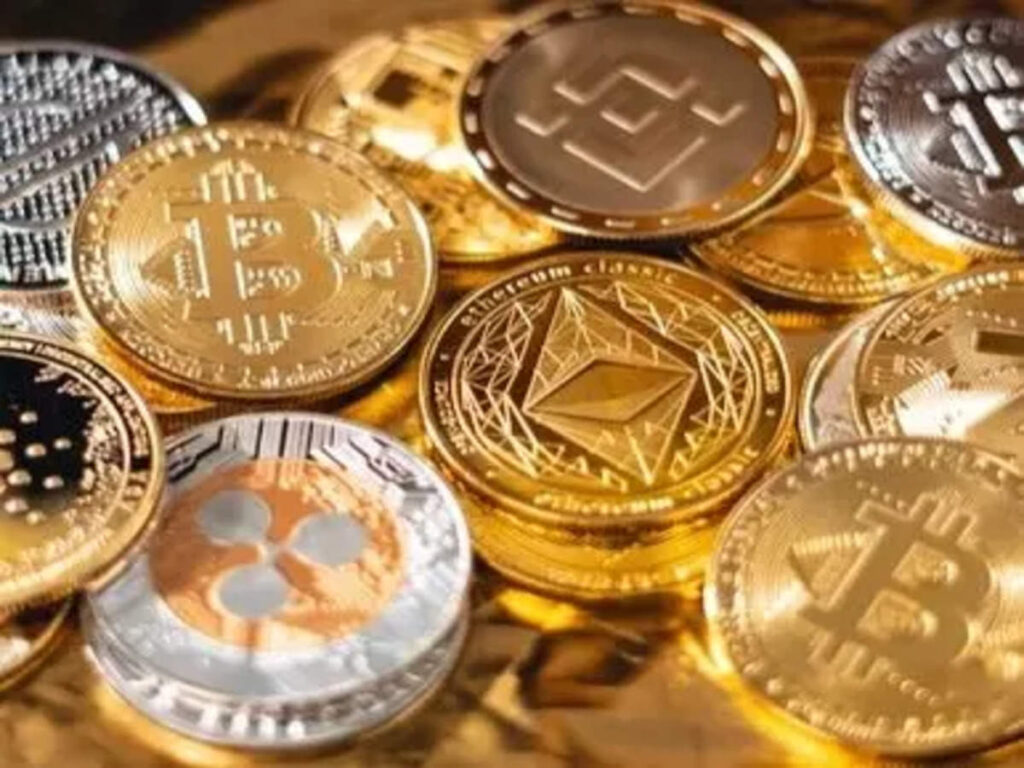India Maintains Top Position in Global Crypto Adoption for Second Consecutive Year, Report Reveals

Seven out of the top 20 countries in Chainalysis’ global adoption index are from Central and South Asia, including notable mentions like Indonesia, Vietnam, and the Philippines.
India has retained its position as a frontrunner in global cryptocurrency adoption for the second consecutive year, despite facing significant challenges posed by strict regulations and high trading taxes. According to a report released by blockchain analytics firm Chainalysis, Indian investors have demonstrated resilience and determination in navigating the complexities of the local crypto landscape. This achievement reflects a growing interest in digital assets, driven by a desire for alternative investment opportunities.
The Chainalysis report evaluates adoption based on four sub-categories across 151 countries, highlighting India’s remarkable usage of both centralized exchanges and decentralized finance (DeFi) assets between June 2023 and July 2024. This strong performance suggests that Indian investors are increasingly leveraging various platforms to engage with cryptocurrencies, indicating a robust appetite for innovative financial solutions despite regulatory hurdles.
Since 2018, the Indian government has maintained a strict approach toward cryptocurrencies, leading to an uncertain environment for investors. The Financial Intelligence Unit (FIU) of India has been proactive in enforcing compliance, having issued show-cause notices to nine offshore cryptocurrency exchanges in December 2023 for failing to adhere to local regulations. This level of scrutiny underscores the government’s commitment to maintaining regulatory oversight while attempting to safeguard investors from potential risks associated with digital assets.

Despite these challenges, the adoption of cryptocurrencies in India has continued to grow. The rise of decentralized finance has attracted many investors looking for alternatives to traditional financial systems. DeFi platforms offer various services, including lending, borrowing, and trading, often with lower fees and fewer barriers to entry compared to centralized exchanges. This shift toward DeFi may also be a response to the regulatory pressures that centralized exchanges face in India.
Moreover, the increasing popularity of cryptocurrencies has sparked discussions about potential regulatory reforms in the country. Stakeholders from various sectors, including technology, finance, and law, are calling for clearer guidelines that can help foster innovation while ensuring consumer protection. A balanced regulatory framework could facilitate further growth in the cryptocurrency market, allowing India to solidify its position as a leader in digital asset adoption.
As the global cryptocurrency landscape evolves, India’s experience serves as a case study for other nations grappling with similar challenges. The country’s ability to maintain high adoption rates amidst regulatory scrutiny may inspire other jurisdictions to explore more inclusive approaches to cryptocurrency regulation. By addressing concerns while encouraging innovation, India could pave the way for a more vibrant digital economy, enhancing its standing as a key player in the global cryptocurrency market.





















